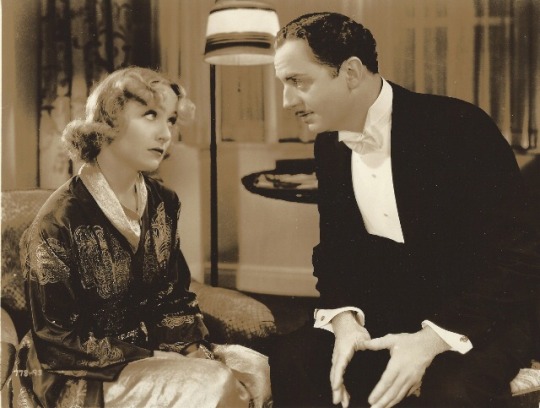
Many myths linger in our culture about marriage. For instance …
A good marriage requires compromise.
Marriage necessitates choosing love over freedom.
You have to work hard on your relationship to have a good marriage.
For a marriage to be successful, it has to last forever.
I’m shaking my head as I review this list, thinking about the bunk we accept as fact about marriage and how it limits our joy and our vision of what’s possible. No wonder people are waiting longer to get married and that more people than ever are choosing not to marry at all.
I’ve failed at marriage twice—quite successfully, thank you. My partners left after twelve and seventeen years because they grew up, wanted different things, and craved the freedom to live their lives in ways of their own choosing. In neither situation did they leave because they’d stopped liking me. They simply were ready for something else. They were ready to be on their own.
The term “failed marriage” is used to mean that a marriage has ended. But I count my ended marriages among my greatest successes. Why?
My partners and I chose the perfect people for ourselves at the time—people who made us laugh and had things to teach us, people who both challenged and comforted us, people with whom we loved spending time, being intimate, safely exploring our sexuality and satisfying our curiosities.
We built things together—families, homes, careers, experience. We had children together—the most wonderful children on earth. And we grew wiser, day by day and year by year. Along the way, we played, explored, traveled, watched tons of movies, laughed and cried. A lot of it was wonderful, some of it was mundane, and a little bit sucked. Oh well. Nothing ever rose to the level of “failure.” Loving those two women filled me with joy. That there came a time when the opportunity to continue loving them on a daily basis ended in no way diminished the joy I felt for years. Thanks to both of you for the love and the fun.
The last year of any marriage is rocky when one of the partners prepares to leave. Leaving is difficult and to fortify oneself, the leaving partner often shuns the other physically and emotionally in order to “feel the distance” in preparation (call it “practice”) for what’s to come. Amidst the ensuing rubble of bad feelings, the myth is reinforced that the marriage has failed.
This is the time to draw back and realize that the transition is merely a stage in a life necessarily involving a measure of pain—like bringing a new baby into the world—in this case resulting in new adults being born. It’s also the time to reflect on all that went right in the relationship, to count your blessings along with your successes, and to thank each other for the love and good times.